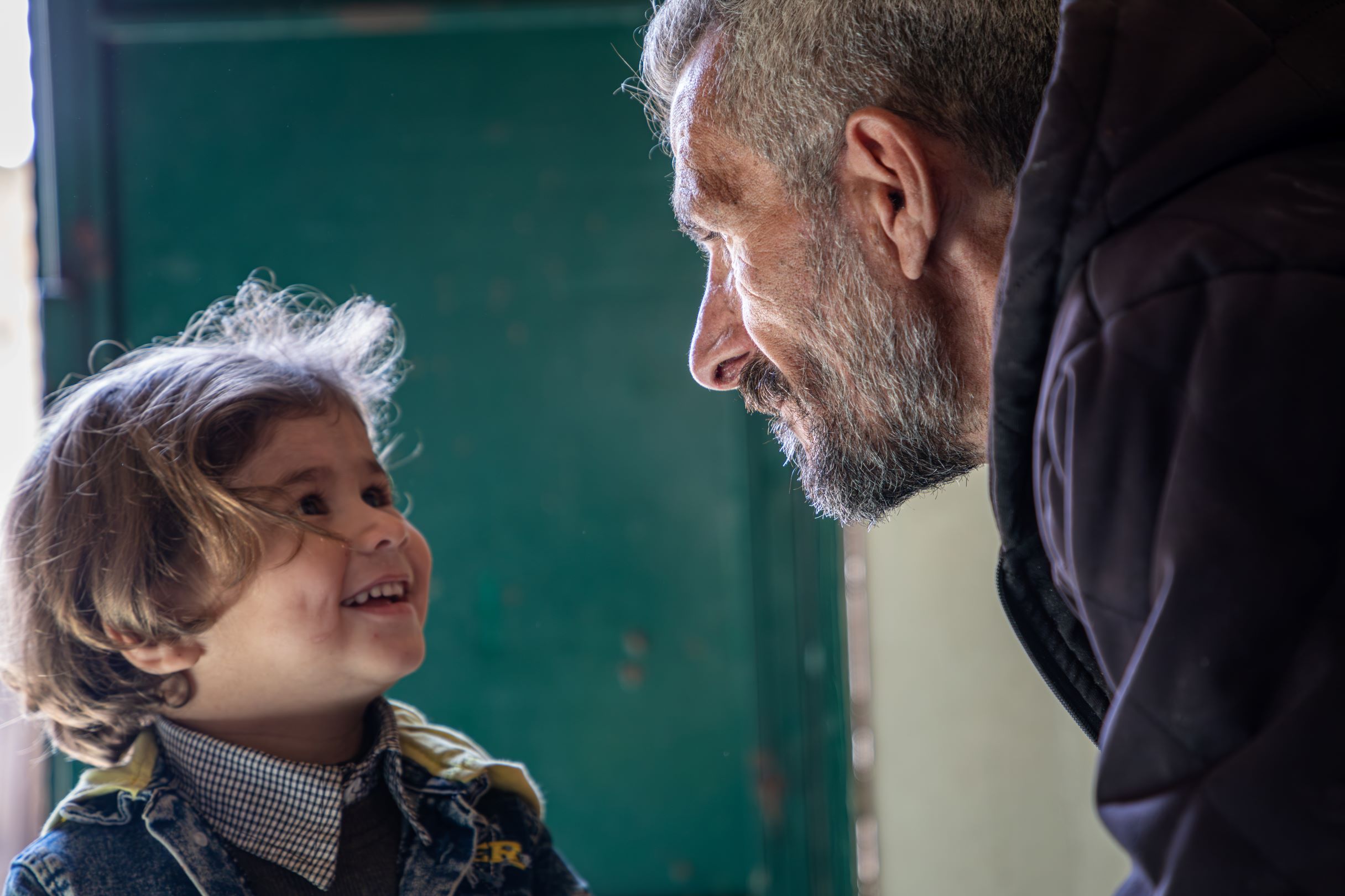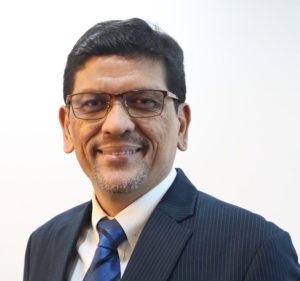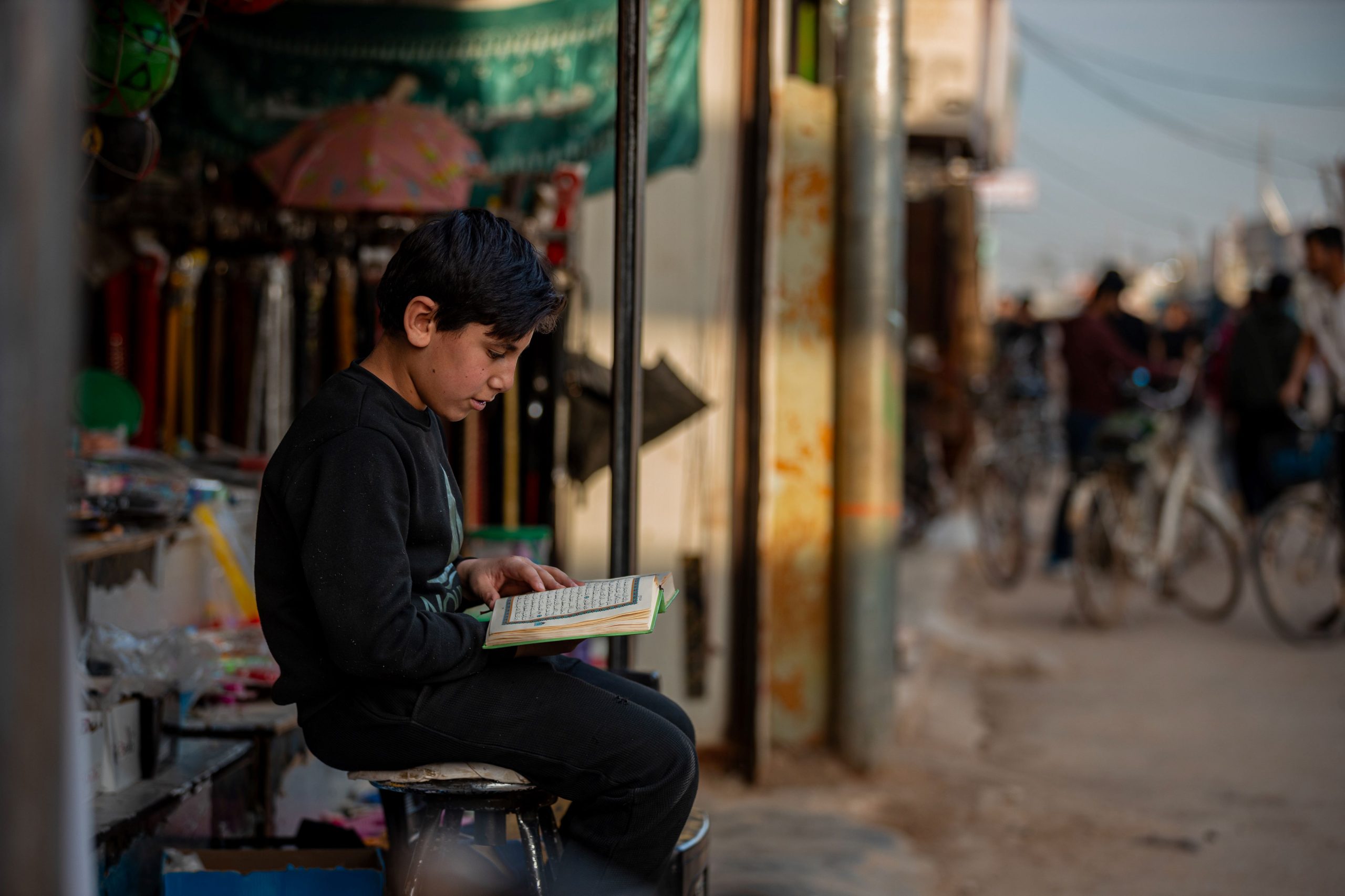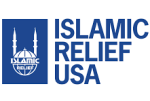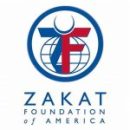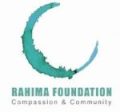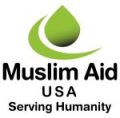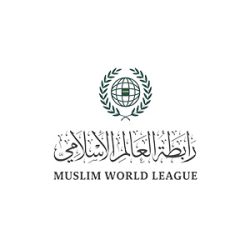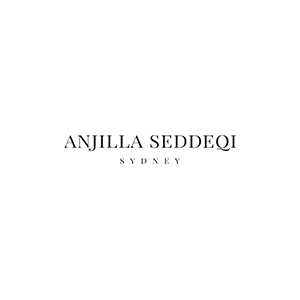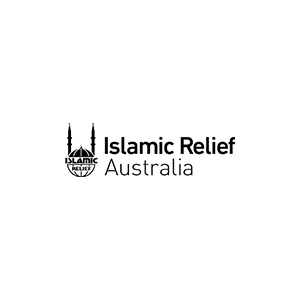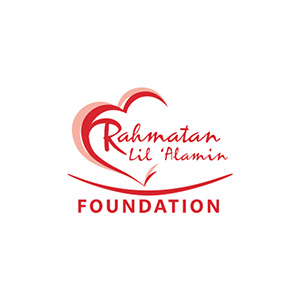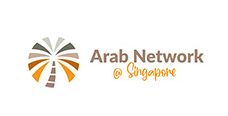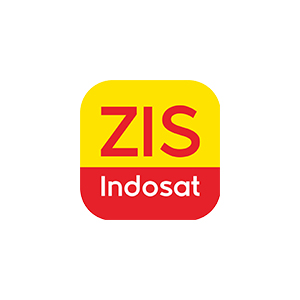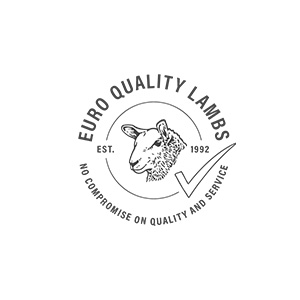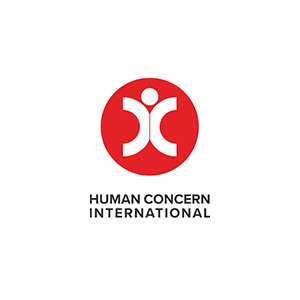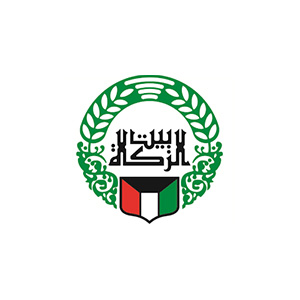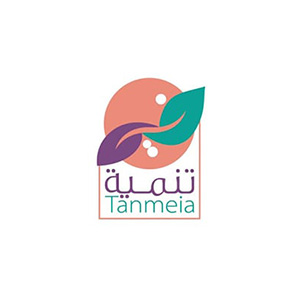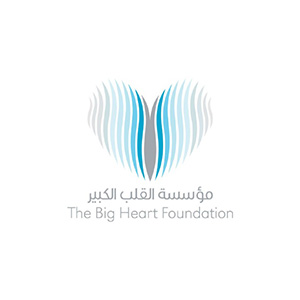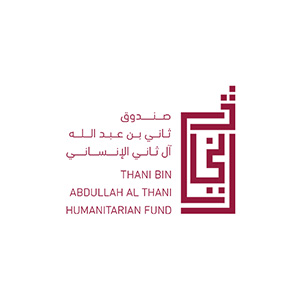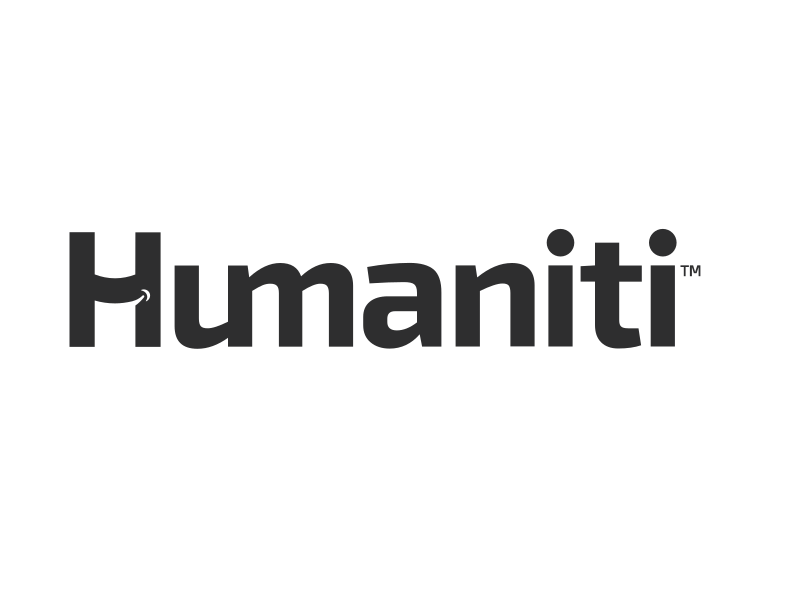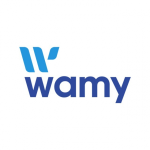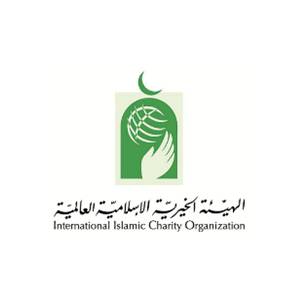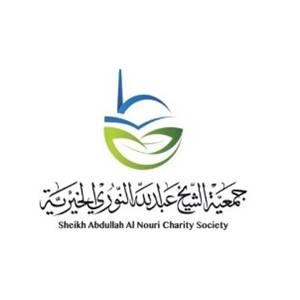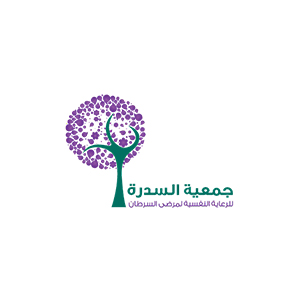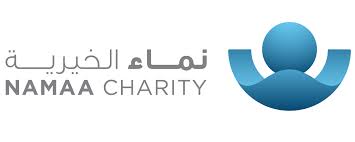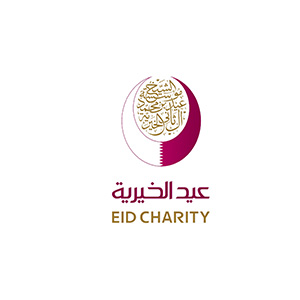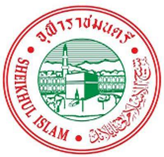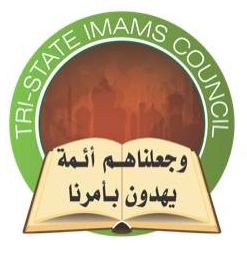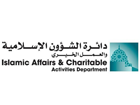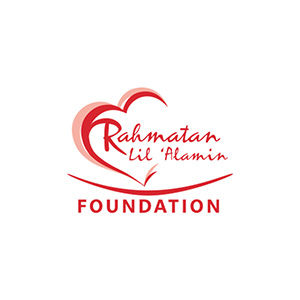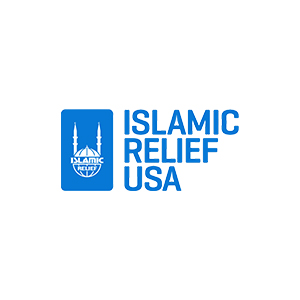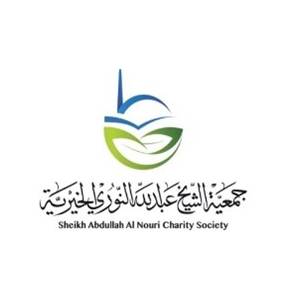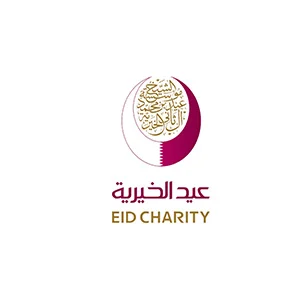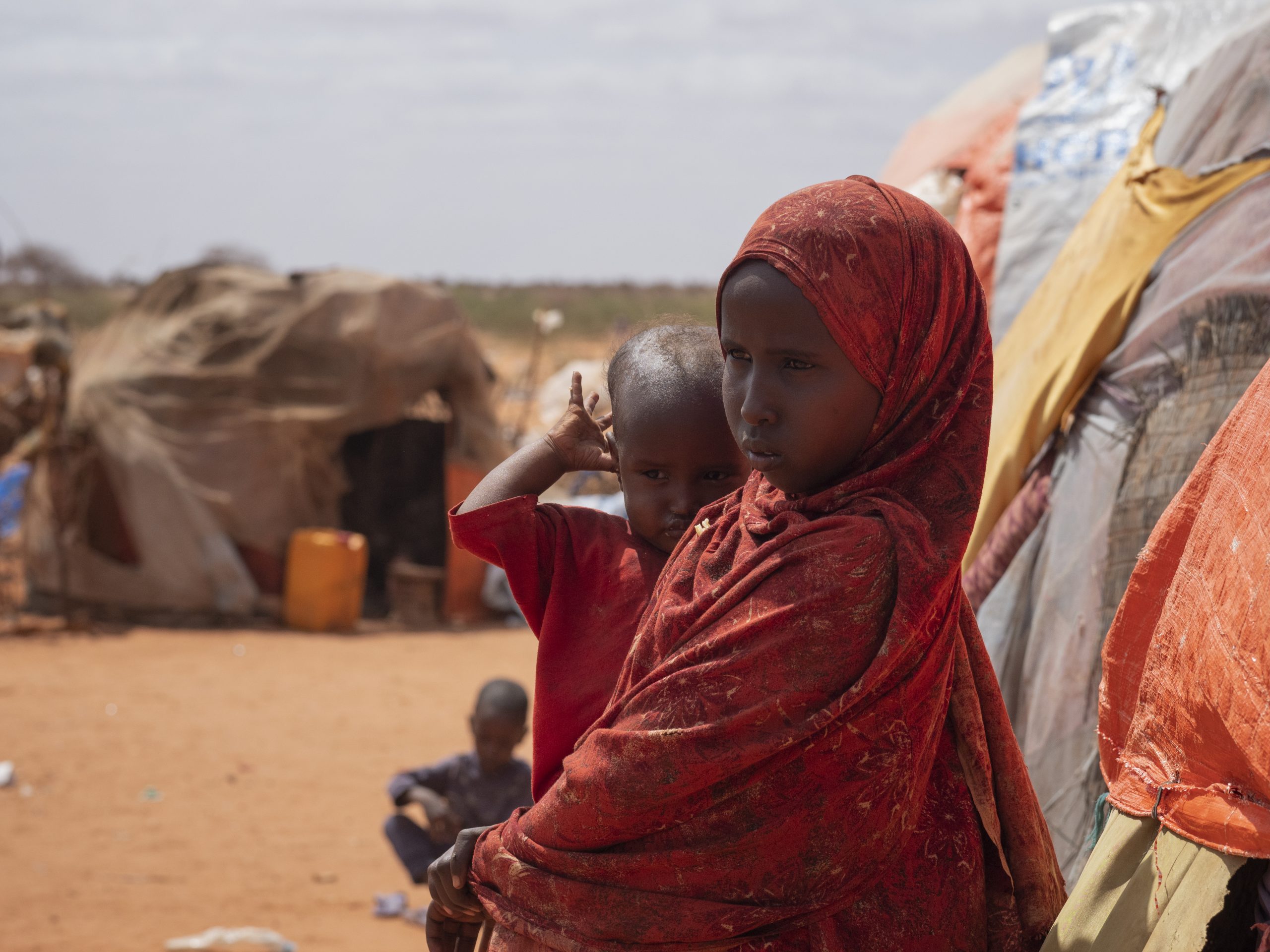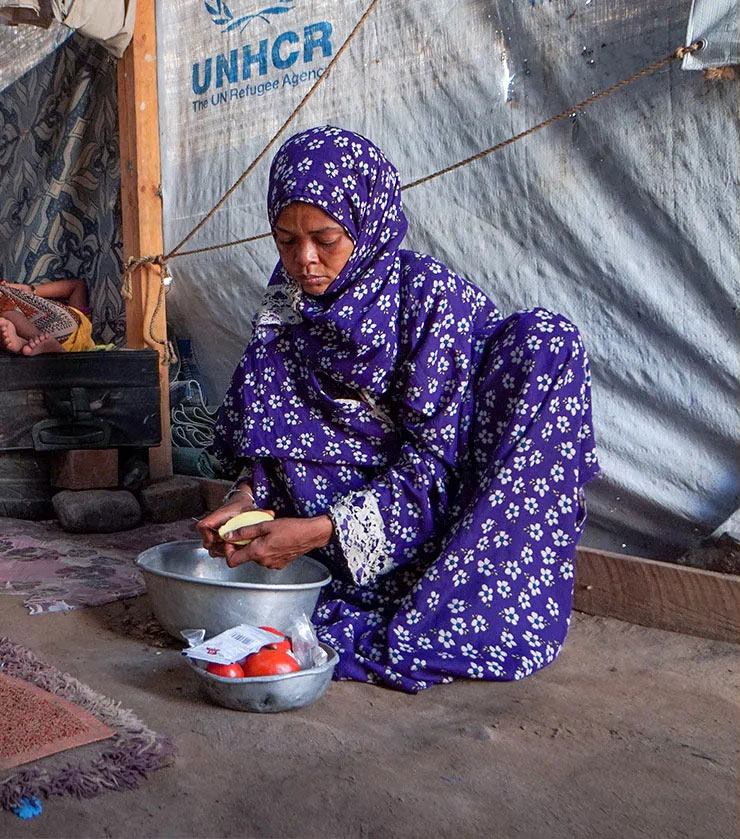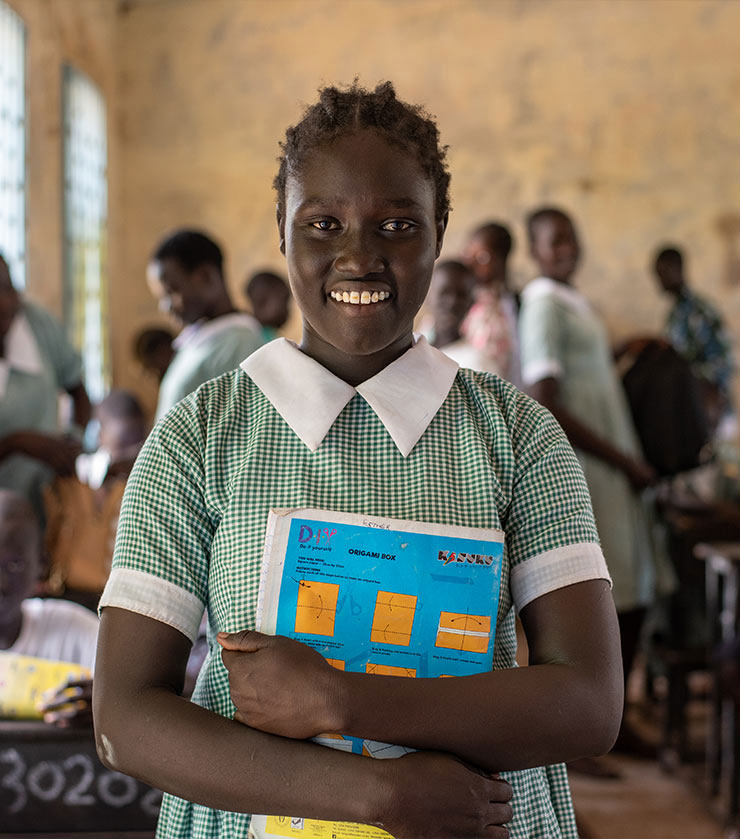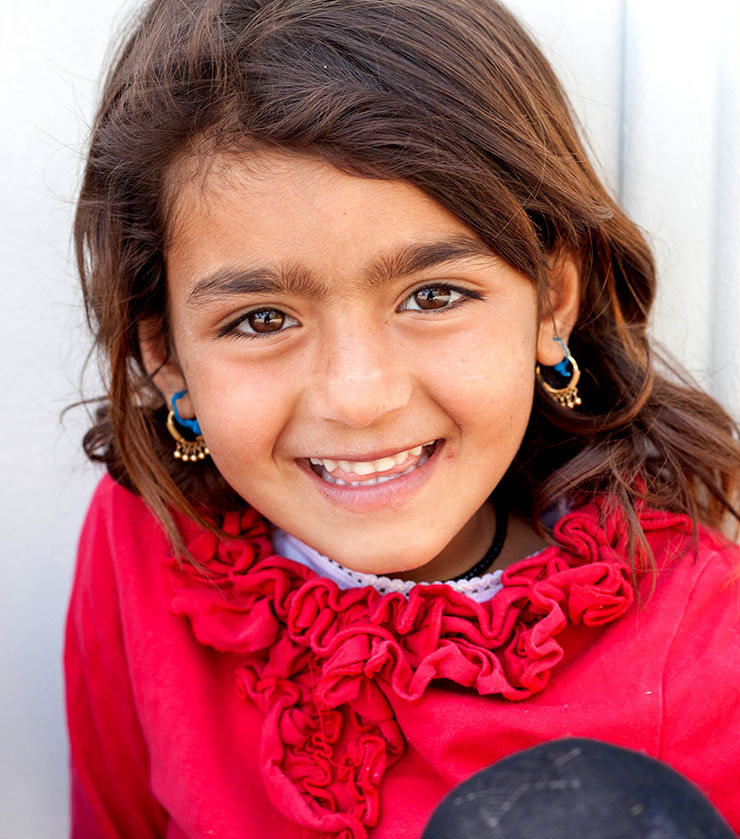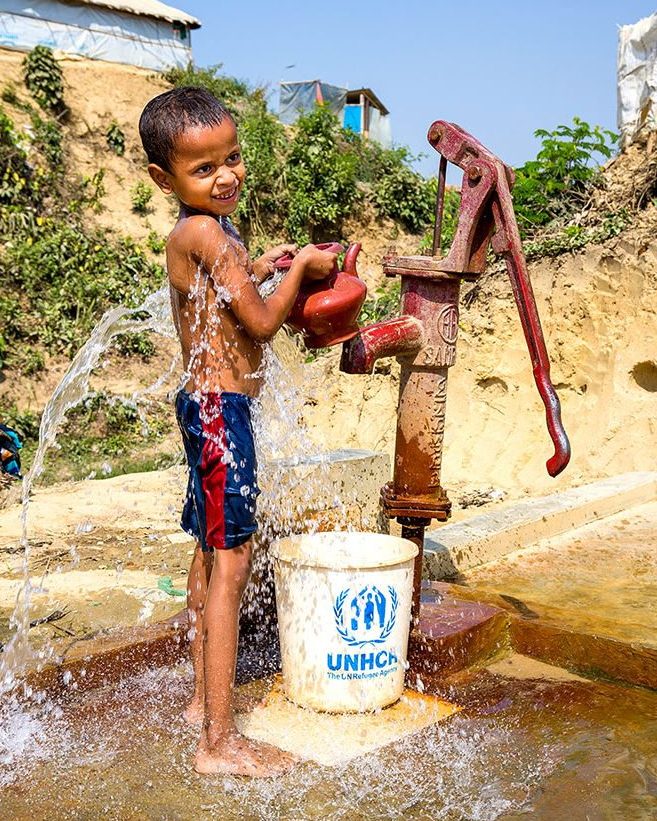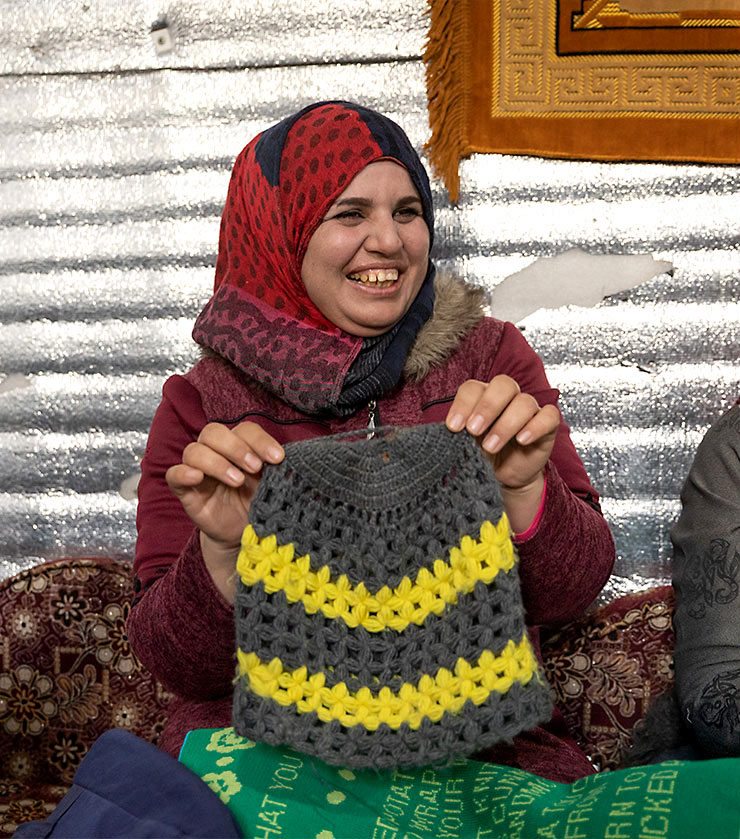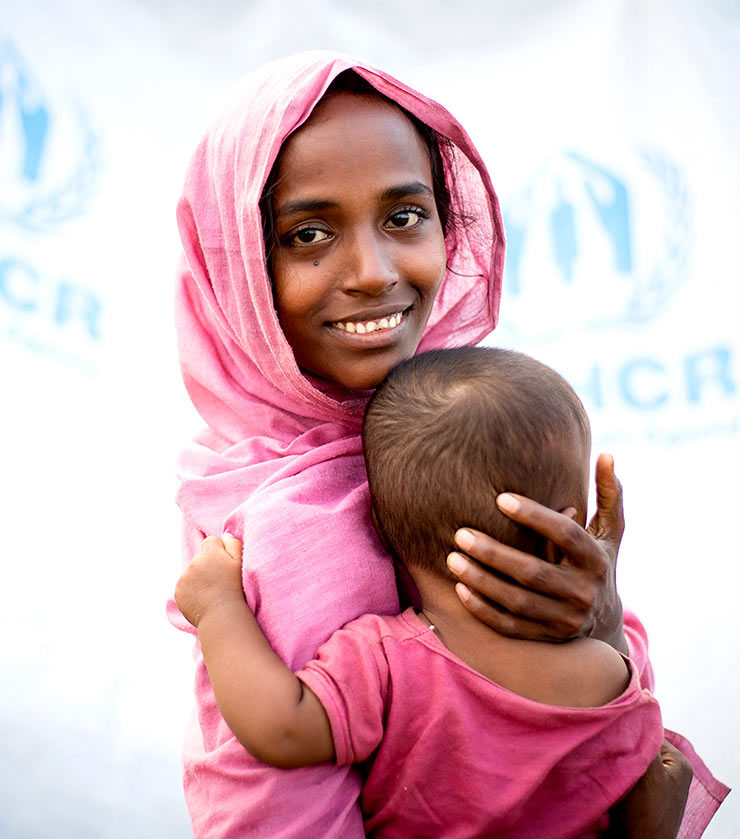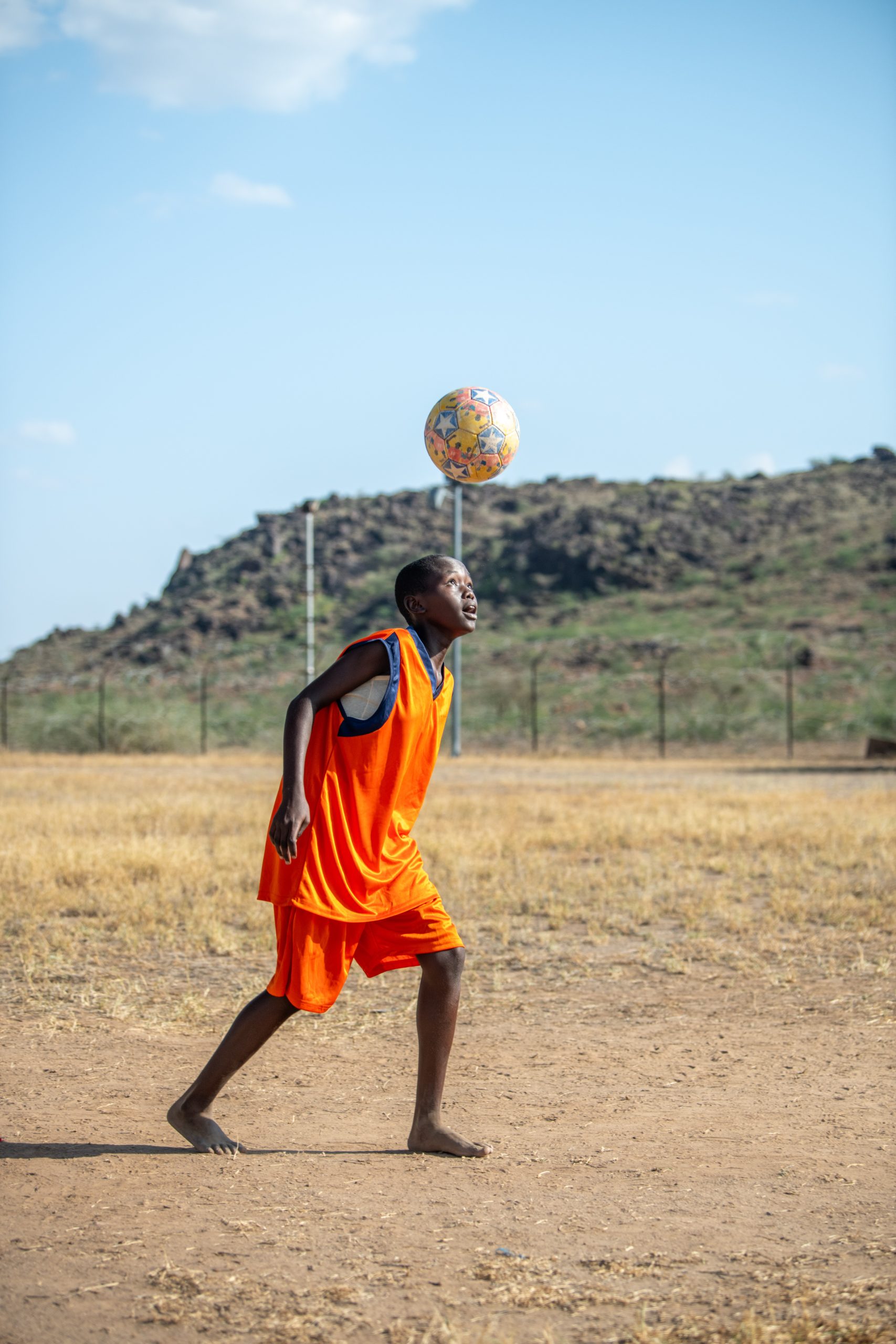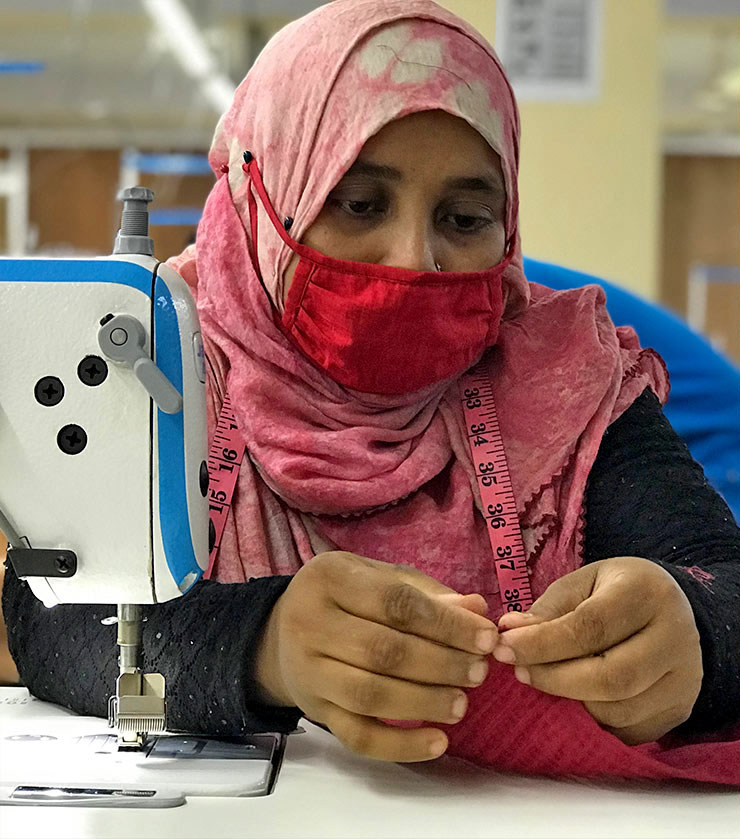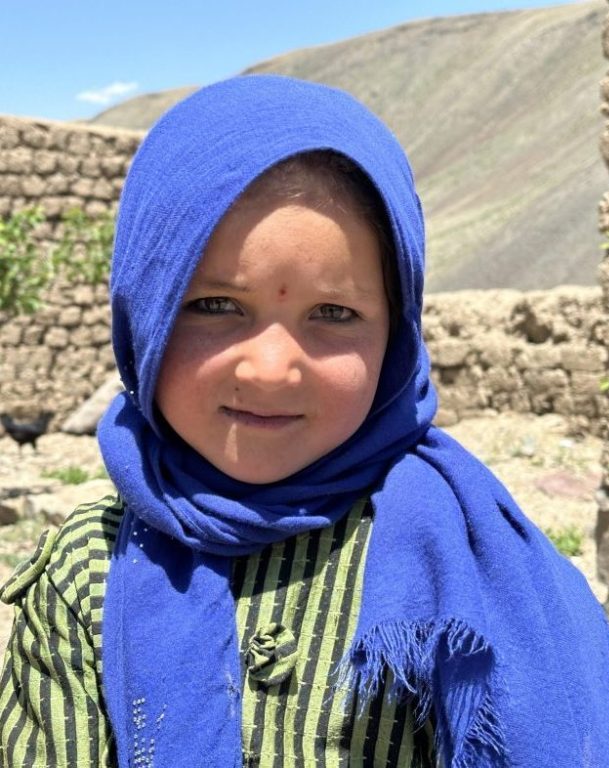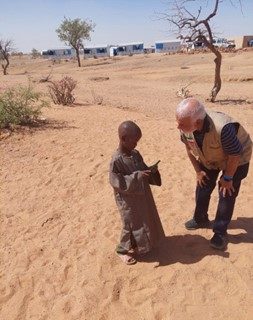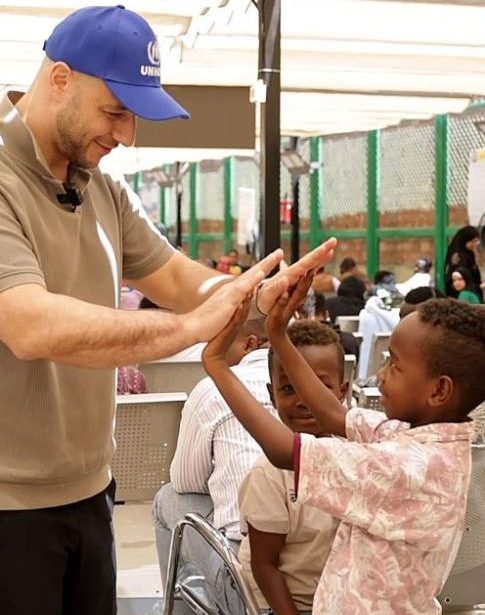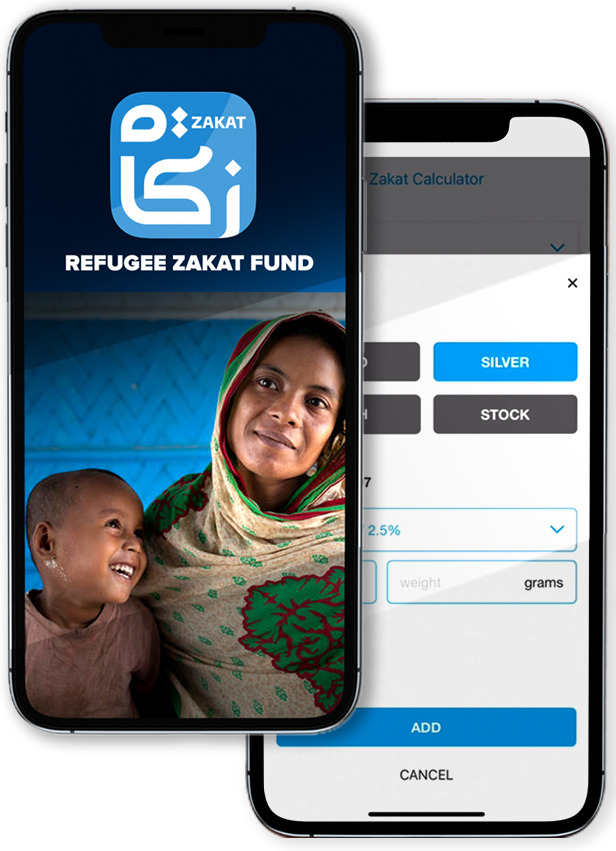Dear Reader,
It is with great honour that I present UNHCR’s Islamic Philanthropy Mid-Year Report 2024. This report underscores the vital role of Zakat, Sadaqah and other forms of Islamic philanthropy in transforming the lives of refugees and displaced communities worldwide. It reflects the unwavering dedication of the global citizens to extend their compassion and action to those in dire need.
On behalf of the Rahmatan Lil Alamin Foundation (RLAF), it is our honour to partner with UNHCR in highlighting the transformative power of Islamic philanthropy in addressing the global refugee crisis. As we witness unprecedented levels of displacement and humanitarian need, the importance of collective action and innovative solutions has never been more pressing. Islamic philanthropy, with its deep roots in compassion, justice, and solidarity, offers a vital source of support for refugees and vulnerable communities worldwide.
RLAF has long been a strong advocate of philanthropy, working in close partnership with UNHCR to deliver humanitarian aid where it is most needed. Since our collaboration began in 2017, we have been committed to responding promptly to crises, providing relief and hope to those who have been displaced by conflict, persecution, or natural disasters. Our mission is to restore dignity and opportunity to these individuals, empowering them through access to better health, education, and essential services.
This report showcases the remarkable impact of Islamic giving, from emergency relief to sustainable development, and underscores the potential for greater collaboration between humanitarian actors and Islamic philanthropic institutions. We commend UNHCR for their tireless efforts in protecting and serving refugees, and we are proud to stand alongside them in this critical work. Together, we can unlock the full potential of Islamic philanthropy to drive positive change and restore hope for those seeking safety and dignity.
At RLAF, we are dedicated to the transparent management of Sadaqah received from our generous donors in Singapore through our public collection campaigns. Our collections have made many touchpoints, including our mosques. As a Foundation approved by the Commissioner of Charities (COC) in Singapore, we collect donations with the utmost integrity and channel these funds through our credible partners to ensure they reach those who need them most. We also provide grants to institutions which provide ground-up initiatives (GUI) to assist those in need locally as well as regionally. Our commitment to transparency is reflected in our status as an Institute of Public Character (IPC), ensuring that all funds are managed responsibly and effectively.
As the challenges facing refugees continue to escalate, we invite Islamic institutions and individuals to join us in this crucial mission. Through Sadaqah and other forms of Islamic philanthropy, we can collectively make a significant impact in alleviating the suffering of those in need.
May this report inspire new partnerships, new initiatives, and a renewed commitment to supporting the world’s most vulnerable populations. May Allah reward all those who contribute generously to this noble cause, and may He guide us in our continued efforts to serve humanity.
Jazakumullahu Khairan Katsiran.
Adnan Abdul Hamid
CEO
Rahmatan Lil Alamin Foundation (RLAF)
Singapore


